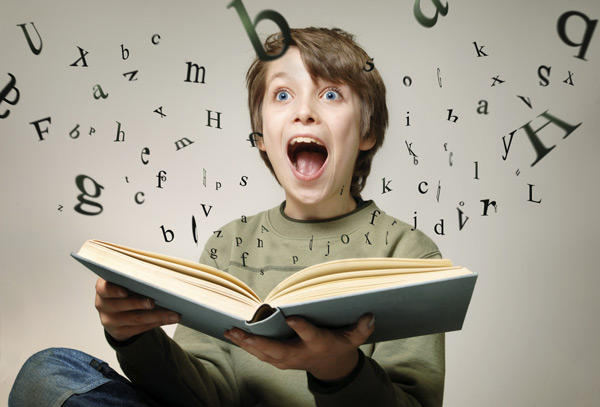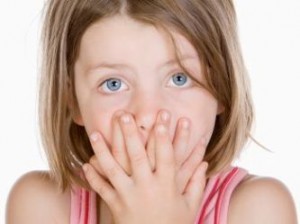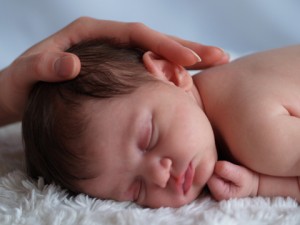Arranging for treatment for your child’s speech disorder can use up a lot of time and energy. It can be stressful to make sure that your child has everything he needs to succeed, but it is also important to pay attention to the possible signs of stress that he may exhibit. Children may become frustrated when they cannot readily communicate, particularly if they become aware that their patterns of speech are different from the patterns of speech of other children.
Dealing with Phonological Disorders
Speech Disorders Speech Therapy Techniques
A child’s phonological development refers to the process a child follows when learning the sounds that make language. This involves learning to distinguish different sounds (“up” is different than “cup”) as well as how these sounds fit together to make words. If your child is diagnosed with a phonological disorder, it means that he has trouble distinguishing the patterns of sounds in language. He might not understand the rules of how sounds fit together to make words.
How to Find a Speech Therapist
Speech TherapistYou have just learned that your child may have a speech disorder and you feel overwhelmed. There are lots of details to sort out: what type of treatment your child needs, whether your insurance will cover it, and how to find a speech therapist that can help him.
Help for Children with Lisps
Pronunciation & Lisps Speech DisordersIf your child is diagnosed with a lisp, it means that he has trouble pronouncing “s” and “z” sounds. There are four types of lisps:
- A palatal lisp means that when your child tries to make an “s” or a “z” sound, his tongue contacts the soft palate.
- A lateral lisp means that air travels out of either side of the tongue. Children with a lateral lisp produce “s” and “z” sounds that sound “slushy.”
- A dentalized lisp means that your child’s tongue makes contact with his teeth while producing the “s” and “z” sounds.
- An interdental lisp, sometimes called a frontal lisp, means that the tongue pushes forward through the teeth, creating a “th” sound instead of an “s” or “z” sound.
Language Development in Babies
Language DevelopmentAs you watch your newborn grow, you will undoubtedly make a note of every milestone of development. While every child develops at a different rate, your baby may lift his head up when he is a month old, roll over at six months, and begin teething at four to seven months. Likewise, language and speech development is a gradual process. Don’t worry if your baby is a little off the typical development schedule.




